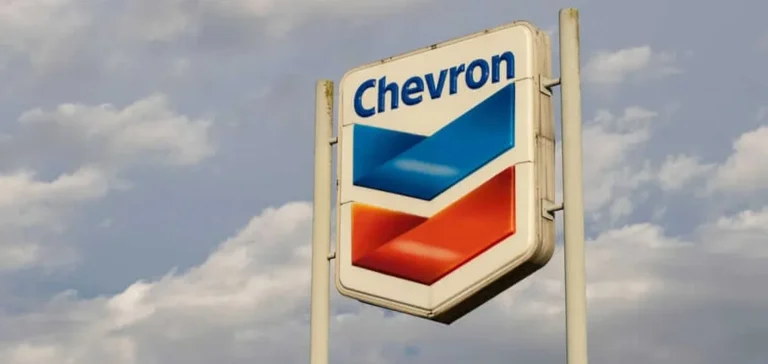Chevron has announced the resumption in August of limited crude exports from Venezuela to the United States, marking the first such delivery since its operations were suspended by US authorities. This development comes as part of a targeted easing of sanctions, granted after official approval from Washington authorities allowing Chevron to restart extraction in the South American country.
Regulatory framework and market context
Chevron’s Chief Executive Officer, Mike Wirth, specified that the export volume will remain limited at first, with the primary goal of partially repaying debts accumulated during years of operational suspension. The Venezuelan crude, which is heavier and high in sulphur, is specifically destined for refineries on the Gulf Coast of Mexico, where facilities are adapted to process this type of oil.
Chevron remains today the main foreign operator in the Venezuelan oil sector, with production estimated at around 200,000 barrels per day, out of a national total slightly above one million barrels daily. Companies such as Maurel & Prom, Repsol and ENI, previously present in the country, saw their operating licences suspended following the revocation of their respective authorisations, thus reducing the international presence.
US sanctions and local production dynamics
Oil flows between Venezuela and the United States are strictly subject to specific exemptions decided by Washington. The initial ban on oil exports was imposed during the first presidential term of Donald Trump. Chevron, however, was able to maintain and secure its facilities during the suspension period, before obtaining a green light in November 2022 for a gradual resumption of operations.
Venezuelan President Nicolas Maduro recently stated that national production has increased by 12% in recent months thanks to local efforts. Despite a tense diplomatic context, ad hoc exchanges continue between Caracas and Washington, illustrated by reciprocal releases of detainees and negotiations over migration issues.
Venezuela’s role in US oil supply
In 2024, Venezuela ranked fourth among suppliers of crude oil to the United States, after Canada, Mexico and Saudi Arabia, according to data from the Energy Information Administration (EIA). The partial resumption of exports orchestrated by Chevron comes at a time when the security of supply remains a major concern for American refiners.
Mike Wirth indicated that this new export phase will gradually reduce financial liabilities while preserving the facilities concerned in Venezuela.






















